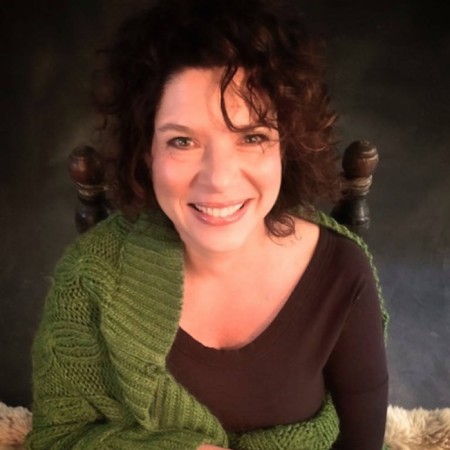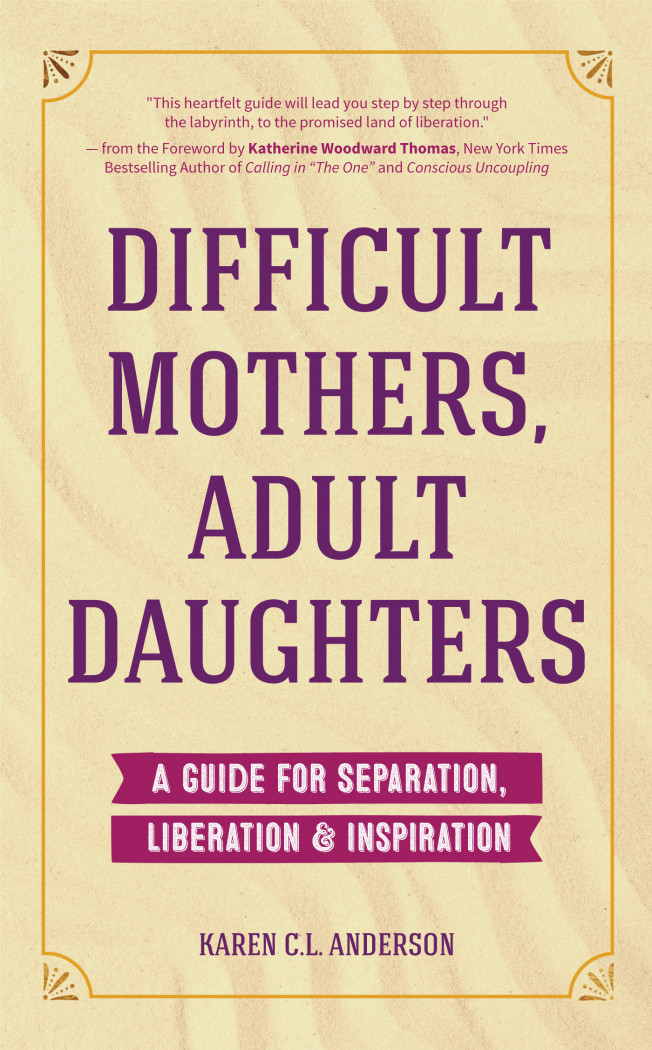Dear you…
If you like to read as much as I do, I have a treat for you: check out these 9 Books To Help You Understand Your Mom.
While self-help books have their place, fiction can also be helpful when it comes to understanding your mother and healing your relationship with her (whether you choose to be in contact with her or not).
Novels I have found to be personally helpful are those where the main character (usually an adult daughter) is able to see her mother in a more nuanced way and understand the forces that shaped her mother, which then leads her to see herself in the same way.
The Divine Secrets of the Ya-Ya Sisterhood is an epic example that takes readers to the heart of the pain that an adult daughter experiences at the hands of a troubled mother, but even more than that, it points to the generational evolvement that must happen in order for healing to take place. Main character and adult daughter Sidda allows herself to be cracked open by her mother’s suffering, and to feel compassion for her mother, and, ultimately herself.
It also shows, so well, how the pain and trauma of being a woman in a culture that doesn’t value women equally (sometimes referred to as “the Mother Wound”) are passed down through generations and how each generation picks it up and carries it, in similar but different ways.
This “wound” shows up in the relationships of mothers who grew up in the 1950s and 60s and their daughters who grew up in the 1970s and 80s. The mothers want so much for their daughters to have more freedom than they themselves did, but at the same time feel both fear and often unexpected jealousy.
An excerpt from Difficult Mothers, Adult Daughters: A Guide For Separation, Liberation & Inspiration:
Centuries ago, women were burnt at the stake, stoned, and drowned for being their true selves, for expressing their true selves. Especially when that self was deemed to be evil, magic, wild, intuitive, inappropriate, too sexual, too thin, too fat, too much, too smart…
Fast-forward to the beginning of the 20th century and instead of being murdered, women were labeled as “hysterical,” thrown into institutions and locked away, told that it was for their own good.
Today? The murdering and locking away still happens, especially to women of color, but mostly it takes the form of being shamed, harassed, and threatened in the media.
So of course our mothers felt the need to protect us, while at the same time trying to model independence, while at the same time trying to protect themselves, while at the same time being pressured to “do it all” – perfectly – while at the same time, perhaps, turning to addiction or becoming mentally ill or, maybe, just being jealous and pissed off.
By itself, this generational pain is one of the most significant sources of dysfunction in our relationships. Those beliefs and patterns are running in the background of our lives, and we often have no clue that they’re there at all. We just know that we’re not as content as we’d like to be. Our relationships aren’t fulfilling and rich.
A book not included in the list but one I recently read and enjoyed is Amy Tan’s The Bonesetter’s Daughter. It does an excellent job of portraying three generations of women, their histories, their struggles, their truths.
The adult daughter in this story is Ruth, who as a child was on the receiving end of her mother’s (LuLing) strange, controlling, strict, and even harsh behavior. Ruth wants to love her mother but mostly feels resentment and sadness.
Using a “story within a story” device, in the middle section of the novel Tan tells the story of LuLing’s nursemaid in China, Precious Auntie, who turns out to be LuLing’s mother. Through her grandmother’s story, Ruth is able to see and understand her mother’s complexities and feel compassion, rather than resentment.
“After all, what is the past but we choose to remember? They can choose not to hide it, to take what’s broken, to feel the pain and know that it will heal. They know where happiness lies, not in a cave or a country, but in love and the freedom to give and take what has been there all along. Ruth remembers this as she writes a story. It is for her grandmother, herself, for the little girl who became her mother.” ~ Amy Tan, The Bonesetter’s Daughter
Much, much love,
Karen


